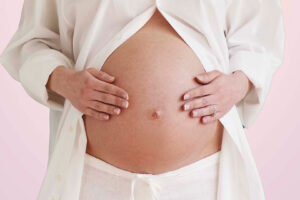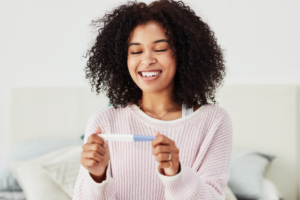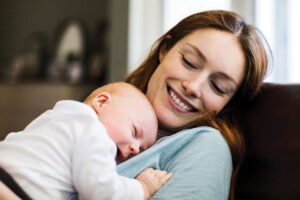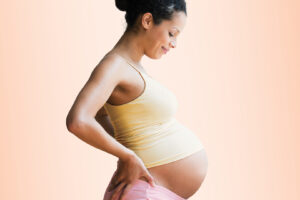As the parent of an infant living in the age of COVID-19, you probably never imagined a time when you’d have to worry about getting your favorite brand of disposable diapers at the store. Thankfully, if you are breastfeeding your baby, milk is one thing you won’t have to go out to get. Still, many moms have concerns about the effects of the coronavirus on their milk supply and whether it is safe for baby.
CentraState has gathered the latest, most credible information from the Centers for Disease Control and Prevention (CDC) and our own lactation experts to provide moms who are breastfeeding with answers to their most pressing questions.
Can COVID-19 be transmitted through breast milk?
The CDC reports that limited studies on breastfeeding women with COVID 19 and other coronaviruses have not detected the virus in breast milk. There’s not enough data to definitively know whether mothers with COVID-19 can transmit the virus through breast milk.
If I’m healthy and have no coronavirus symptoms can I breastfeed as I normally would?
The answer is yes. “Take the normal steps you usually would like washing your hands before and after breastfeeding,” says Lysanne Loucel, international board-certified lactation consultant at CentraState. “However, you should take some extra precautions before breastfeeding when returning home from the grocery store or pharmacy.” Loucel suggests leaving your shoes at the front door, changing your clothes, washing your hands thoroughly, and, if you have long hair, pulling it back so your baby can’t play with it.
What is the CDC guidance on breastfeeding for moms with confirmed COVID-19 or under investigation for COVID-19?
Breastfeeding is the best source of nutrition for infants. However, much is unknown about COVID-19. Deciding whether or not to breastfeed should be determined by the mother, her family and her healthcare team, according to the CDC
A mother with confirmed COVID-19 or who is a patient under investigation should take all possible precautions to avoid spreading the virus to her infant, including washing her hands before touching the infant and wearing a face mask, if possible, while feeding at the breast.
If expressing breast milk with a manual or electric breast pump, the mother should wash her hands before touching any pump or bottle parts and follow recommendations for proper pump cleaning after each use. If possible, consider having someone who is not sick feed the expressed breast milk to the infant.
If I have to stop breastfeeding because I’m too sick to breastfeed or pump are there steps I should take to protect my milk and to increase my chances of being able to breastfeed again when I feel better?
In this scenario, the best thing to do is work with a lactation consultant. The consultant can show you how to reduce damage to your breast milk due to dehydration and other factors, as well as guide you through returning to breastfeeding when you feel better.
Can the added stress I’m experiencing during the coronavirus outbreak affect my milk supply and ability to breastfeed?
“The amazing thing about a woman’s body and mind after giving birth is that both are naturally amped to support and protect the baby,” says Loucel. “So while stress and anxiety isn’t pleasant, it won’t hinder your milk supply or affect the baby.”
Taking steps to get calm and centered before breastfeeding is always good. Playing soothing music, taking a few deep breaths, and holding your baby close are great ways to melt away tension. The Calm app offers free stress management resources including soothing meditations, calm music, and practices to find ease.
If you have any issues or concerns about breastfeeding or need guidance and consultation, contact CentraState’s Lactation Center at 732.303.5258 to set up a phone call or virtual session. We’re here for you.





